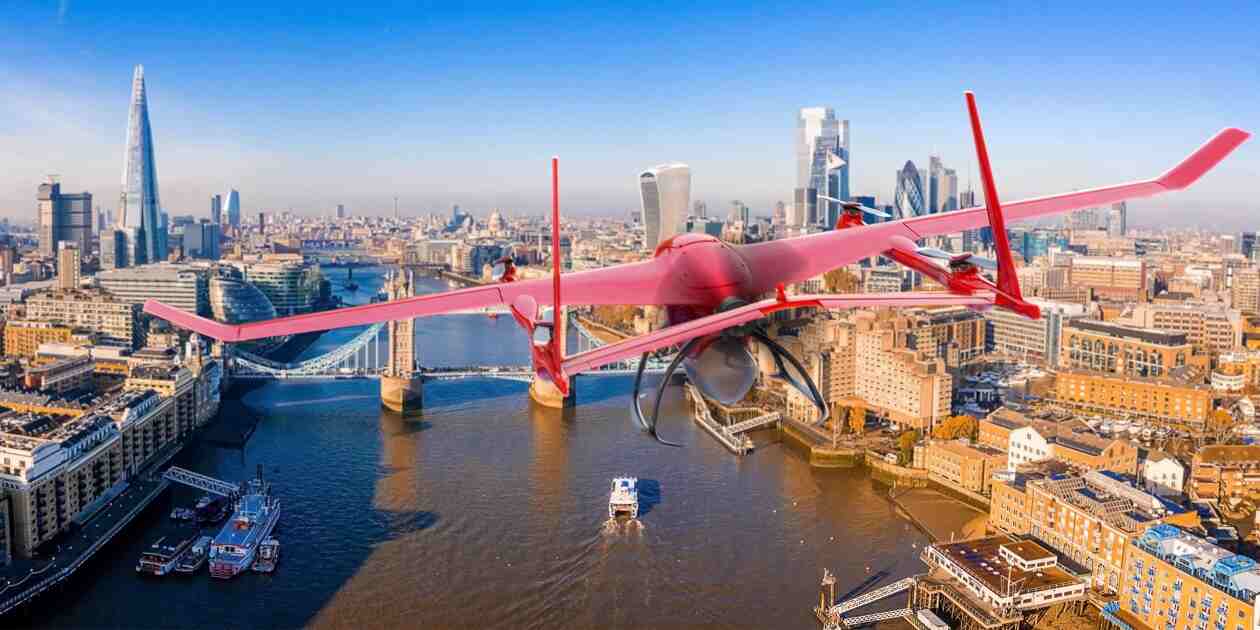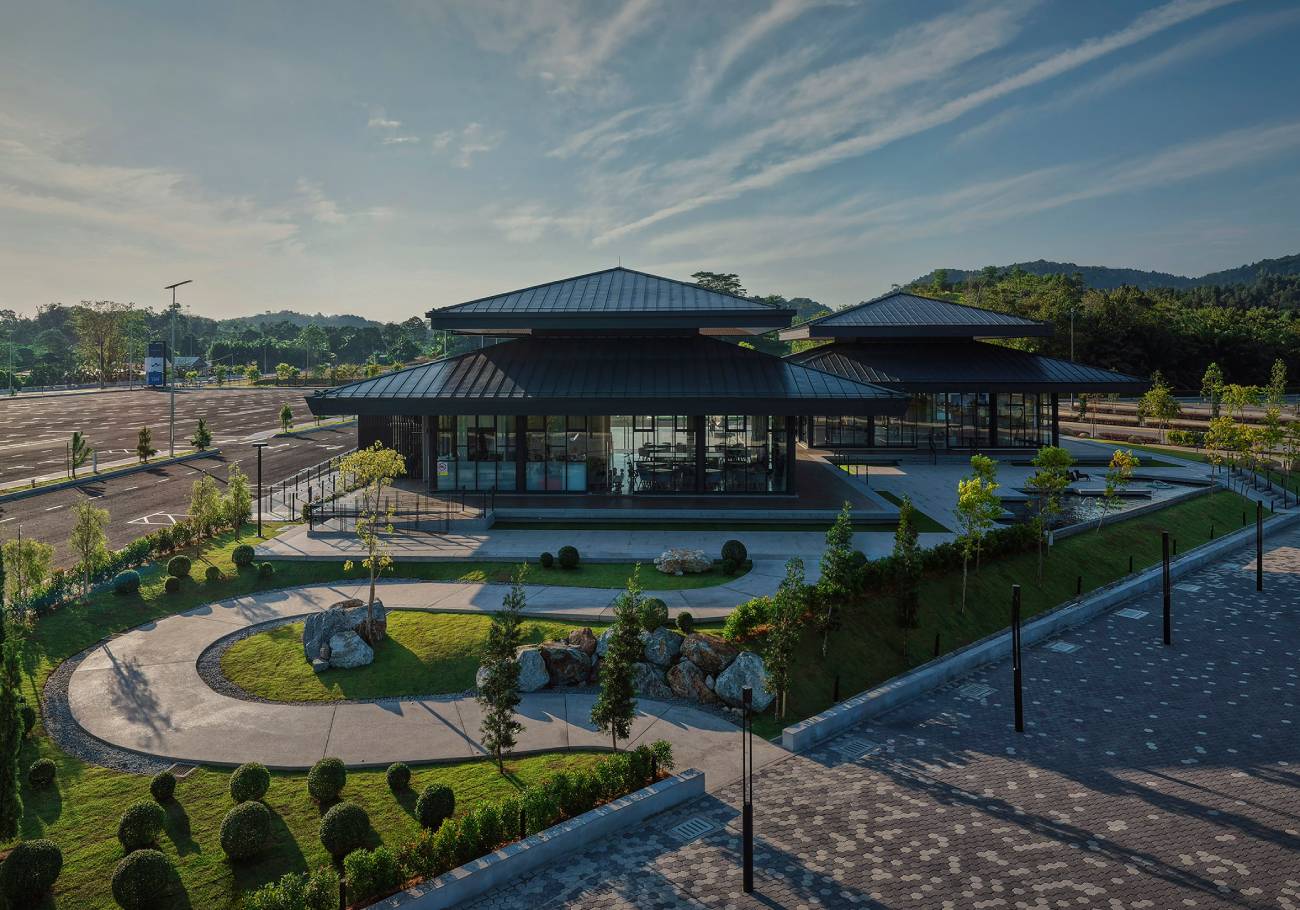In a significant move towards the future of autonomous air travel, the Malaysian state of Sabah has entered into a groundbreaking partnership with Hyperway, a Web3 project by DroneDash. This collaboration marks a critical step in the development of a decentralized infrastructure for air and maritime traffic, with a focus on enabling autonomous drone deliveries and air taxis.
Hyperway, which is part of the expanding peaq ecosystem, is set to revolutionize connectivity in the region by establishing a community-owned network of ground-based relays.

Building highways in the sky
Hyperway’s ambitious project involves the creation of a Decentralized Physical Infrastructure Network (DePIN) that will serve as the backbone for autonomous drones, air taxis, and other unmanned vessels. These ground-based connectivity stations, owned and operated by local communities, will act as highways for data, ensuring seamless communication between drones and control centers. The DePIN will support multiple communication channels, including 5G and satellite, making it a versatile and robust solution for the growing demand in the autonomous transport sector.
The partnership with Sabah is particularly noteworthy as it addresses the state’s unique geographic challenges. Sabah, located in northern Borneo, is characterized by its rugged terrain and scattered islands, making traditional logistics difficult and costly. By leveraging Hyperway’s DePIN, Sabah aims to enhance its agricultural sector through efficient drone-powered cargo operations, ensuring that goods are transported swiftly and at a lower cost. This initiative is expected to pave the way for further adoption of autonomous technology in Malaysia and beyond.

Paul Yam, CEO of Hyperway, expressed his enthusiasm about the project, stating, “Autonomous drone deliveries are a perfect DePIN use case, leveraging the power of the community to build effective connectivity highways for UAVs. We are thrilled to see so much interest from governments and enterprises and look forward to bringing the network online on peaq. Building on peaq is a no-brainer, as peaq, with its Modular DePIN Functions and a bustling ecosystem, is literally the golden standard for a DePIN-focused layer-1.”
A strategic expansion across Asia
Hyperway is not limiting its vision to Malaysia alone. The project has already secured partnerships with four other Asian governments, including those in Thailand, Indonesia, and Japan. These collaborations are set to establish a robust network of connectivity stations across the region, facilitating both local and international autonomous shipments. The rise of AI and unmanned aerial vehicles (UAVs) has created a booming market, with the drone delivery industry projected to reach $4.6 billion by 2030. Hyperway’s innovative approach is poised to capitalize on this growth, offering a decentralized and community-powered solution that ensures safety, efficiency, and sustainability.
Incorporating peaq’s layer-1 blockchain technology, Hyperway is also developing software to integrate 5G and satellite ground relays with peaq, further enhancing the functionality and security of the network. Smart contracts will reward relay owners with tokens based on bandwidth usage, incentivizing participation and ensuring the network’s scalability. A restricted public trial involving real-world drone flights is set to launch soon, showcasing the practical applications of this cutting-edge technology.

Leonard Dorlöchter, co-founder of peaq, highlighted the significance of the partnership, saying, “Drones offer a cheaper alternative to cargo planes, and cheaper logistics means cheaper goods for the end buyers, including everyday people. With its community-powered drone connectivity DePIN, Hyperway is building the future of commercial UAV deliveries with Web3 at its core — a vision that will ultimately benefit everyone. We are happy to see it leverage peaq as its layer-1 backbone and look forward to the takeoff.”
By embracing decentralized and community-owned solutions, Sabah is positioning itself as a leader in the adoption of autonomous transport technologies. The integration with Hyperway’s DePIN will not only enhance the state’s logistics capabilities but also contribute to the broader vision of a connected and autonomous future in the Asia-Pacific region.











